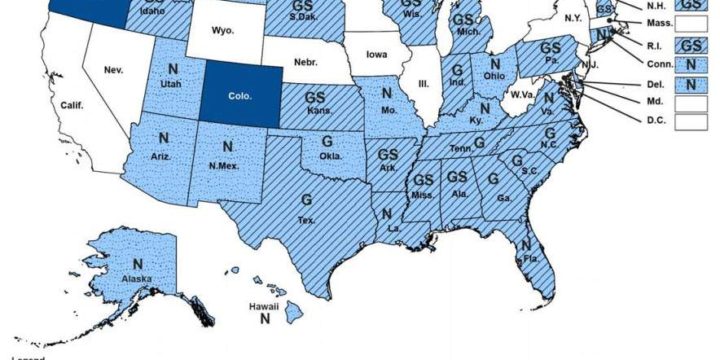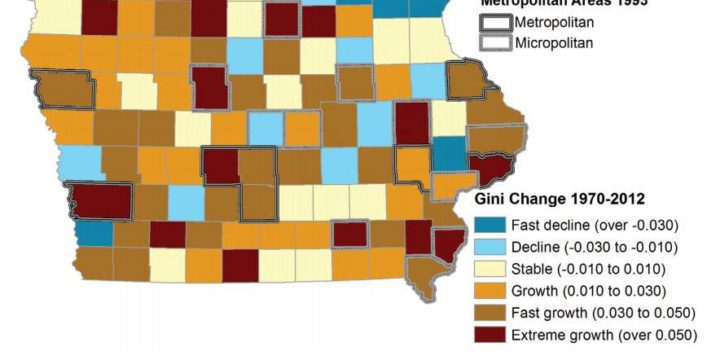
We need to vote no on voter ID
Congressional study: laws reduced youth, black turnout It’s safe to say it now. Voter ID is a scam. That’s not exactly how the nonpartisan Government Accountability Office put it in their new hefty Voter ID report, but their comparison of registered voter turnout in six states leaves no further wiggle room. GAO researchers crunched 2008 and 2012 election data in six states, including two (Kansas and Tennessee) that had passed voter ID laws. The data showed what so many have warned would be the net result of these laws. [caption id="attachment_1641" align="alignleft" width="525"] As of June 2014, a total of 33 states have enacted some form of voter ID laws. Iowa is not one of them. (Source: GAO analysis of state statutes)[/caption] “GAO’s analysis suggests that the turnout decreases in Kansas…









